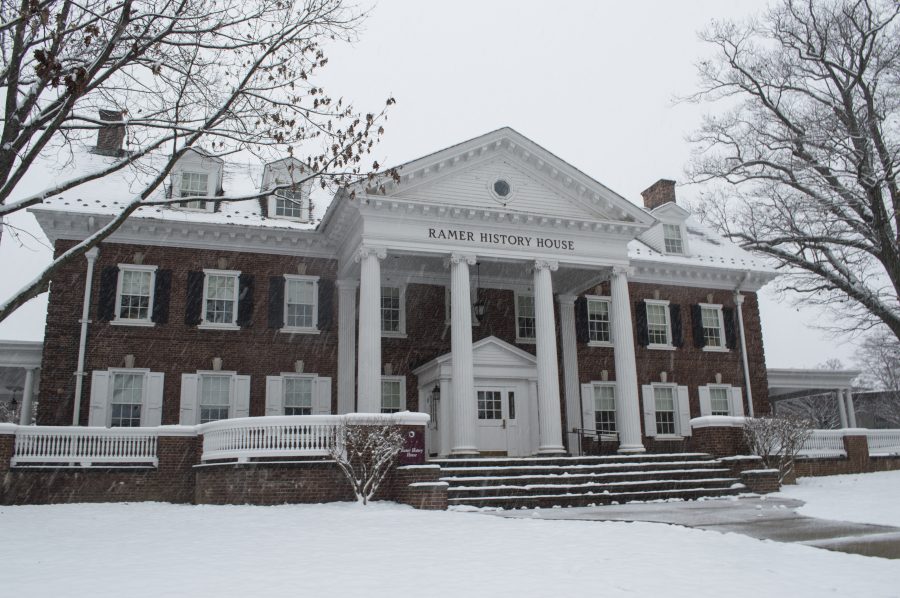All across the world, women are speaking up. Through movements like #MeToo and TimesUp, women have been empowered to talk about discrimination and harassment they’ve suffered. Behind movements like these is a history of feminism which has propelled women’s rights forward.
Argentina has seen a gradual integration of women into certain parts of society going back to the late 1800s. Dr. Marcela Vignoli from Universidad Nacional de Tucumán visited the college to talk about this period of time and what it all means, in a lecture entitled, “The Decline of an Exclusive Male Culture Sociability: Northern Argentina, 1880-1916.”
Dr. Vignoli touched on the sugar cane industry in Tucumán, where the working conditions were extreme, yet jobs provided a successful source of income for the locals. During the 1900s, as time progressed, female teachers from the U.S. actually visited Tucumán, and first brought ideas of female empowerment into Argentina. Libraries were then built and more jobs were added for the locals as the economy in the area stably increased. Eventually, women were allowed in the “culture associations” and gained more prominent positions in society.
Dr. Vignoli is currently doing research at Ohio State University, funded by a national scholarship from the government of Argentina. She mainly focuses on the gender stabilization in Tucumán, a providence in Argentina, in late 1800s and early 1900s, and how it affected its society ever since.
A student asked Dr. Vignoli about her reasoning behind her research on this topic.
“What’s important to me is how this sociability networks,” she said. “Feminism circulates from abroad to Argentina. Women were doing something different for the government, not in 20th century but in the 1800s.”
She added that her talk tied in with the United States’ current political climate and that her talk may inspire and allow more young women to be a part of something bigger and inspire change in society. After all, one purpose of her talk was to shed light on “the challenges brought by women educated to speak with their own voices” during the late 1800s in Argentina.


















































































































